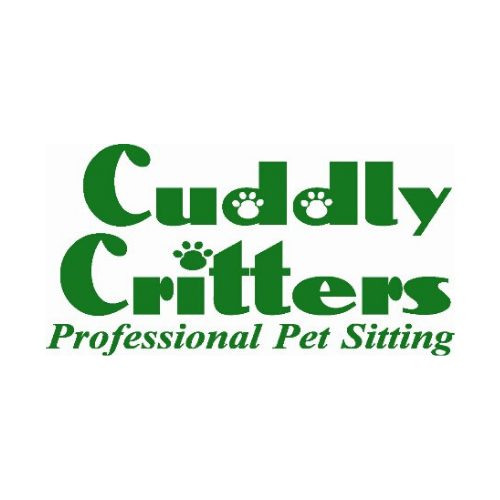Spring has sprung – finally! As we’re finally moving into warmer temperatures, more of us are getting outside and enjoying the weather with our loved ones and four legged friends. Spring is also the time to go through cabinets, drawers, and closets to get rid of things we don’t need, stock up on what we do need, and clean down surfaces.
As some of you may already know, March is Pet Poison Awareness Month. To keep your animals safe, I’d love to go in-depth with some household items that are poisonous for dogs and cats. The key to taking care of your pets is understanding what items exist in your home and yard that have potential harmful effects on pets. Some items are obvious, but some are a little sneakier and slip past you without realizing it. Take special care to note the following items:
For dogs, watch out for a few obvious dangers such as chocolate and mouse/rat poisons. Chocolate is made from the beans of cacao trees, and chocolate contains both theobromine and caffeine. Humans can easily metabolize theobromine, but dogs process it much slower which allows it to build up to toxic levels. The darker the chocolate, the higher the risk for your pup! Mouse/rat poisons are extremely fatal for dogs. Symptoms include bad breath, rapid breathing, weakness, seizures, and blood in vomit. Keep poisons of any kind in places your pet cannot get to them such as a high cabinet or under lock and key. Lesser known poisons include vitamins, cardiac medication, cold/allergy medications, caffeine pills, antidepressants, and Acetaminophen (e.g. Tylenol).
For cats, be on the lookout for common hazards such as topical spot-on insecticides and household cleaners. Symptoms such as fever, muscle tremors, seizures, and vomiting are all signs of poisoning by topical insecticides. When cleaning your house, watch out for dangerous household chemicals such as drain cleaners, lime-removal products, and oven cleaners just to name a few. As a safety precaution, shut up your feline friend in a bathroom while you clean so as not to expose them to anything dangerous. Other known poisons include lilies, antidepressants, ADD/ADHD medication, glow sticks, and cold/flu medication.
As always, a good suggestion is keeping threats to your animals in places where they are not allowed, cannot reach, or in a secured place (such as a locked cabinet). Keeping your pets safe is our number one priority, and we hope to help!

 Call Us Today 864-901-3189
Call Us Today 864-901-3189
